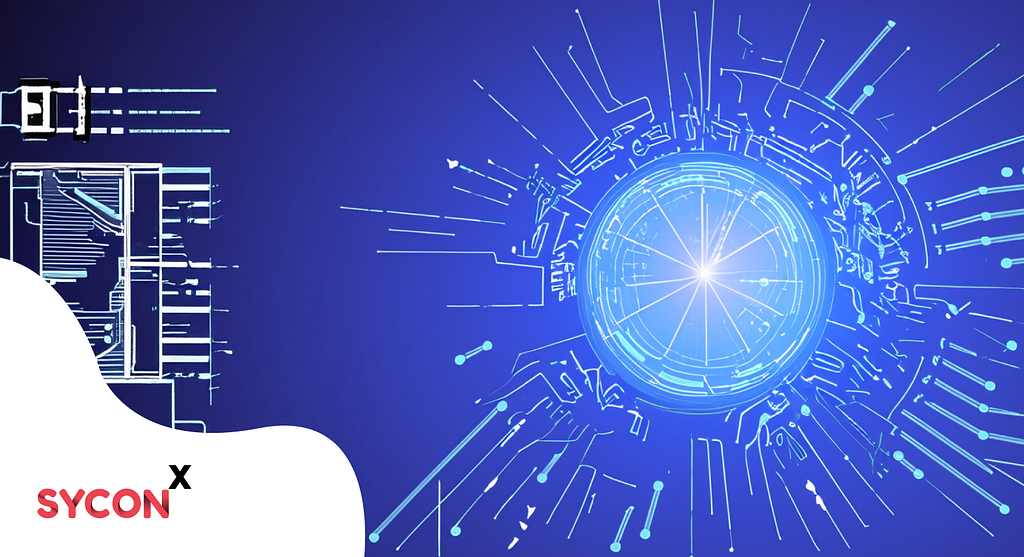Technological Singularity and the Role of Software: What to Expect in the Future?
July 10, 2023

The concept of technological singularity refers to a theoretical situation where artificial intelligence becomes capable of self-improvement and outpaces human intelligence through this ability. This thought has been a significant topic of debate among scientific circles, technologists, and futurists in recent years. In this article, we will discuss the concept of technological singularity, the role of software in this process, and what outcomes we should expect from this phenomenon.
What is Technological Singularity?
Technological singularity often refers to a theoretical future point where artificial intelligence surpasses human intelligence and continues to evolve on its own. This situation could lead to advanced AI systems creating innovations in ways and speeds that humans cannot comprehend or predict.
Moreover, it represents a point where technological advancements become so rapid and complex that the future course of technology becomes entirely unpredictable. Many futurists and scientists predict such a situation to occur around the year 2045.
The Role of Software
In the path towards singularity, software plays one of the most crucial roles. The advancement of AI and its self-improvement capability is fundamentally a software issue. These are software implementations of techniques like machine learning, deep learning, genetic algorithms, and others. However, these techniques go far beyond the traditional ways of programming something. They dictate how the software will learn and evolve by itself.
What to Expect in the Future?
The concept of technological singularity brings forth several potential outcomes and scenarios. On one hand, this situation could provide great benefits for society. We could achieve significant advancements in curing diseases, solving environmental issues, and improving our overall quality of life.
On the other hand, it carries significant risks. It could bring forth ethical, social, and political issues unprecedented in human history. The potential for humans to lose jobs to AI and robots, imbalances of power, and even the prospect of an AI rebellion are some of the negative outcomes of this situation.
Therefore, debates about technological singularity should not be limited to technical or scientific matters alone. They should also encompass ethical, social, and political issues.
In conclusion, technological singularity represents both great hopes and significant risks. Software developers, AI researchers, and other technology experts play a critical role in this process. Although predicting what the future holds is challenging, one thing is certain: Technology will continue to shape human life and society. And there is a lot we can do to steer this process in a positive direction.
Technological Singularity and the Role of Software: What to Expect in the Future? was originally published in SyconX on Medium, where people are continuing the conversation by highlighting and responding to this story.


